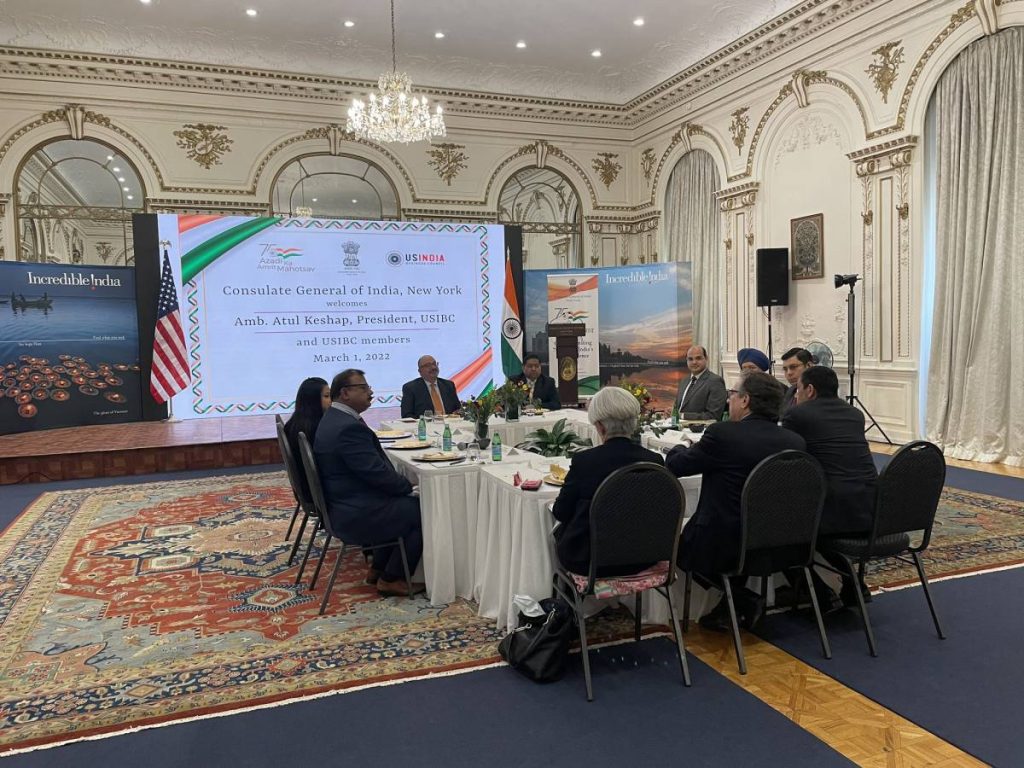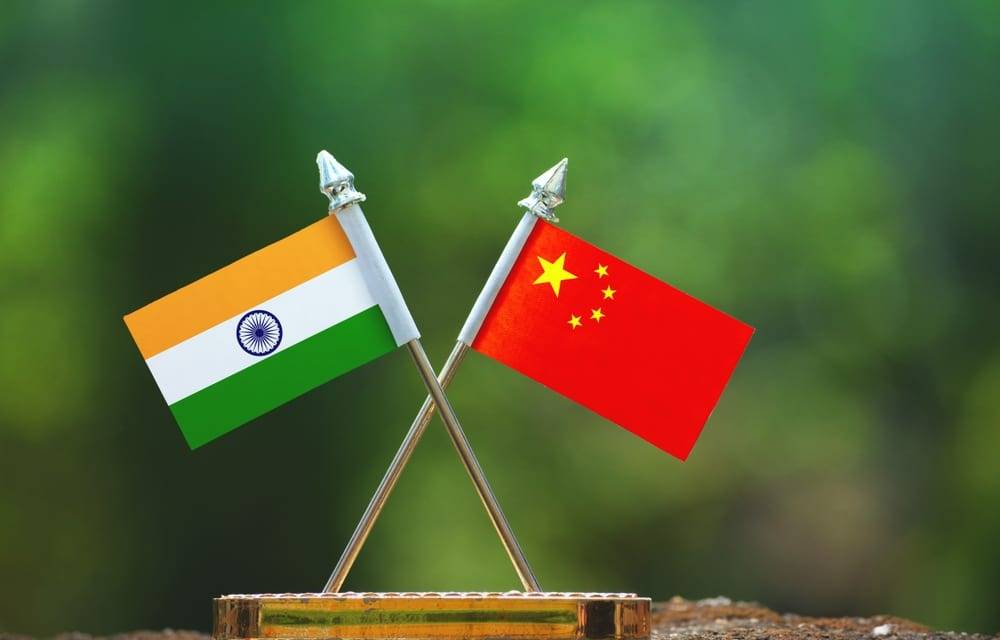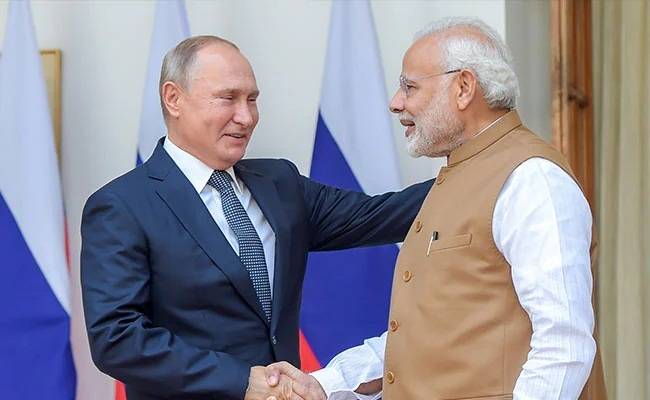The former envoy to India was also asked by Congressman Brad Sherman, an influential American lawmaker, to give advice on how the US Congress can persuade countries like India and others in the region to make the ‘right decision’ on the Ukraine Russia crisis…reports Asian Lite News
Atul Keshap, President of US-India Business Council (USIBC) on Tuesday (local time) said that “compulsions” with Russia and territorial issues with China were among the key reasons for India abstaining from voting on a resolution to call for a special emergency session of the UN General Assembly on the Russia-Ukraine conflict.
Keshap made these remarks at the House Foreign Affairs Committee hearing on “Developing an Indo-Pacific Economic Framework” which saw full committee participation including some prominent US lawmakers like Congressman Gregory Meeks and Brad Sherman.
“…We have got to work through these issues as friends because we have to signal the strength of the two greatest democracies in the world. There will be moments like this, but as long as we talk to each other as friends, I am sure we’ll get through it,” said Keshap while responding to concerns by US lawmakers about India’s abstention at UNSC and how sanctions against Russia could impact India-US bilateral trade.
He said that India is a sovereign and democratic country, “It guides its own national security and it makes decisions in its own best interests,” said Keshap who had been a career diplomat in the US foriegn service for 28 years.
“India is like is a vast pluralistic country. It has many different compulsions, many different interests that lead it in many different directions,” he said.

Talking about India and US relations, Keshap said, “I have seen all kinds of flows of ebbs and flows of relations between US and India. And over the course of my professional career, we have overcome any challenges. We have talked to each other in a respectful way and have exchanged views. We have worked in a constructive way to move the relationship forward.”
The former envoy to India was also asked by Congressman Brad Sherman, an influential American lawmaker, to give advice on how the US Congress can persuade countries like India and others in the region to make the ‘right decision’ on the Ukraine Russia crisis.
Responding to Sherman, Keshap said countries like India and others in the region uphold the rules-based international order. Citing an example of India’s efforts of “resolving legacy territorial and border issues,” with its neighbour Bangladesh.
Keshap said, “India and Bangladesh have made really good progress on their borders. There has also been, I think, a constructive willingness by India, Bangladesh and other countries to settle their maritime claims.”

“They uphold the rules-based international order they believe in that order. Indeed, India and Bangladesh particularly, have invested very heavily in terms of UN peacekeeping. So my arguments here would be that the principles of the UN Charter are worth defending.”
During the opening remarks at “Developing an Indo-Pacific Economic Framework”, Keshap said the “United States and our allies in the Indo-Pacific are navigating the challenges of a post-pandemic recovery–with high inflation, talent shortages, and supply chain bottlenecks.”
“The Indo-Pacific Economic framework can be bolstered both by constructing a trade architecture that enables strategic cooperation and creates a secure supply chain for the free world, and by spearheading an abundance agenda that raises living standards for Americans and billions of friends in the region, he added. (ANI)

Leave a Reply